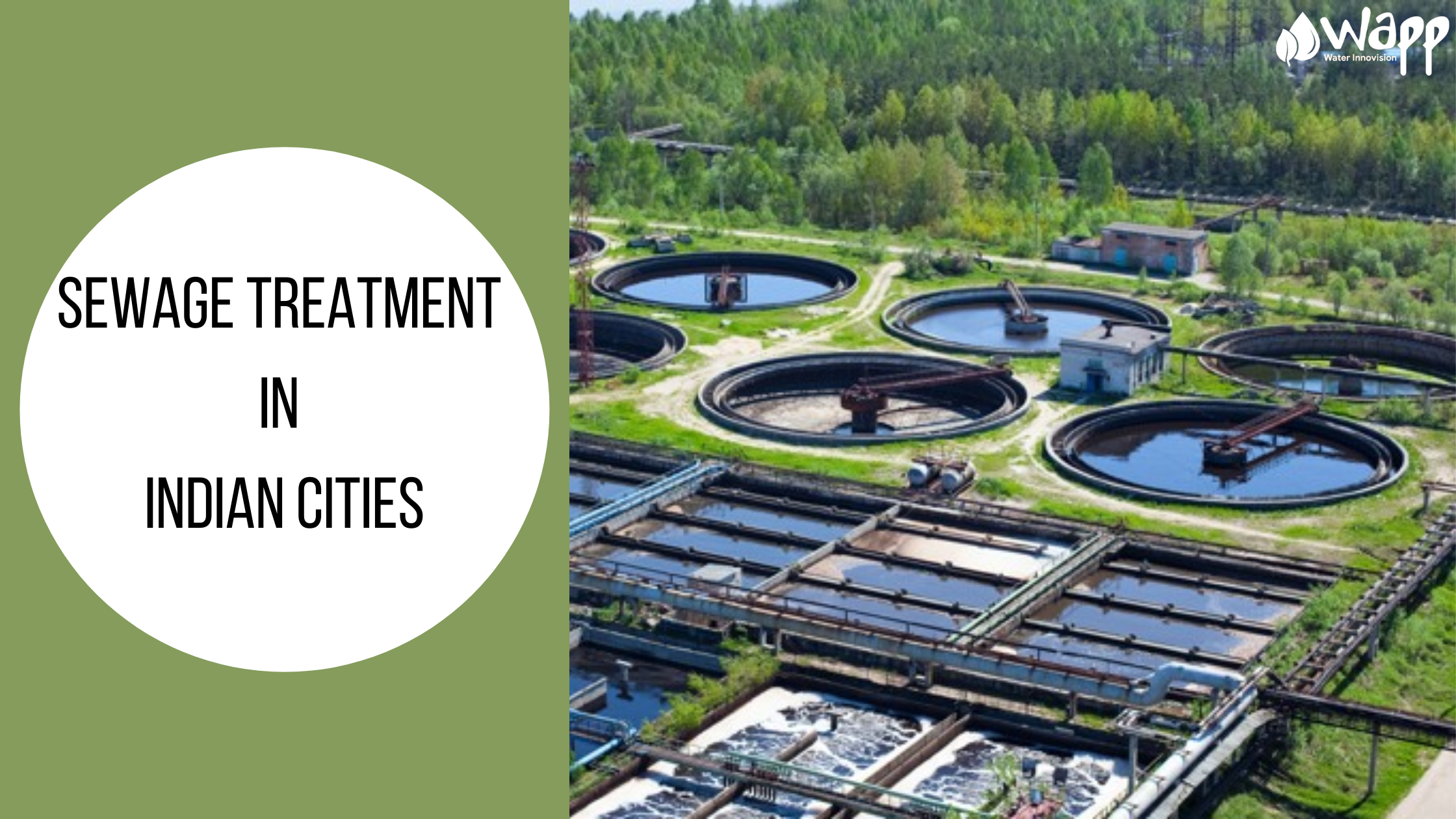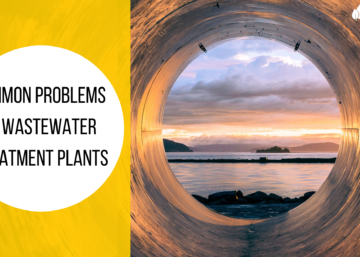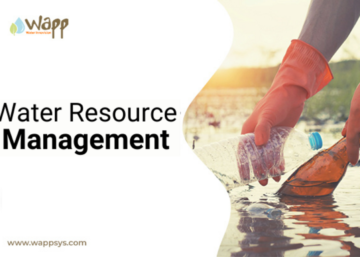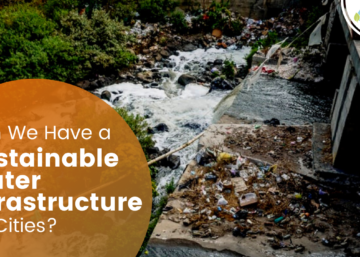 India has a population of 1.36 billion people who generate a whopping 72,368 against the installed treatment capacity of 31841 MLD. However, if you look deeper into the picture, out of the 31841 MLD, only 26869 MLD is operational. This means that more than 70% of the generated sewage is not treated and is released directly into the water bodies, polluting our freshwater resources.
India has a population of 1.36 billion people who generate a whopping 72,368 against the installed treatment capacity of 31841 MLD. However, if you look deeper into the picture, out of the 31841 MLD, only 26869 MLD is operational. This means that more than 70% of the generated sewage is not treated and is released directly into the water bodies, polluting our freshwater resources.
This untreated sewage then enters the surface water bodies, becoming a major pollutant. This affects the freshwater quality in India which poses a serious threat to the health of millions of people. A UN report states that around 3.4 million deaths are recorded every year due to water-borne diseases.
India’s largest cities have centralized sewage systems, complete with underground pipes, pumping stations, and treatment plants. As per the Central Pollution Control Board (CPCB) studies, there are around 1,093 operational Sewage Treatment Plants in India, out of which 578 STPs, having a combined capacity of 12,200 MLD, are found complying with the consented norms prescribed by the SPCBs / PCCs. So, the solution lies in creating more infrastructure to treat sewage. But, the centralized plants are expensive to build and maintain. Hence, our country can look at decentralized systems for remote areas which are still far from sanitation.
Let’s take a look at how various cities are dealing with the sewage problem:
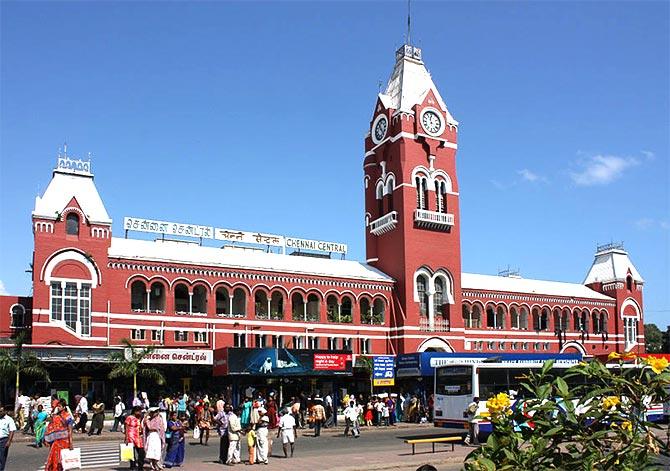
1. Chennai: In two years, Chennai is set to have a more efficient system of sewage treatment and thus mitigate the problem of pollution of its rivers and canals.
The Chennai Metropolitan Water Supply and Sewerage Board is setting up STPs across the city. On completion of these projects next year, the city’s combined capacity to treat sewage would be enhanced to 986 million litres daily (MLD) from 745 MLD at present.

2. Pune: The state government asked the Pune Municipal Corporation to make suitable changes in the development control rules for making mandatory provisions for waste processing plants in new residential projects in the city.

3. Bengaluru: Currently, Bangalore generates 1400 MLD wastewater, as per BWSSB’s conservative estimates. The city has a total treatment capacity of 721 MLD, but only 520 MLD gets treated on average. An important part of the solution to Bangalore’s water situation is wastewater reuse. If individual houses and smaller apartments treat their own sewage there is great potential for us to achieve sustainable water for the city.
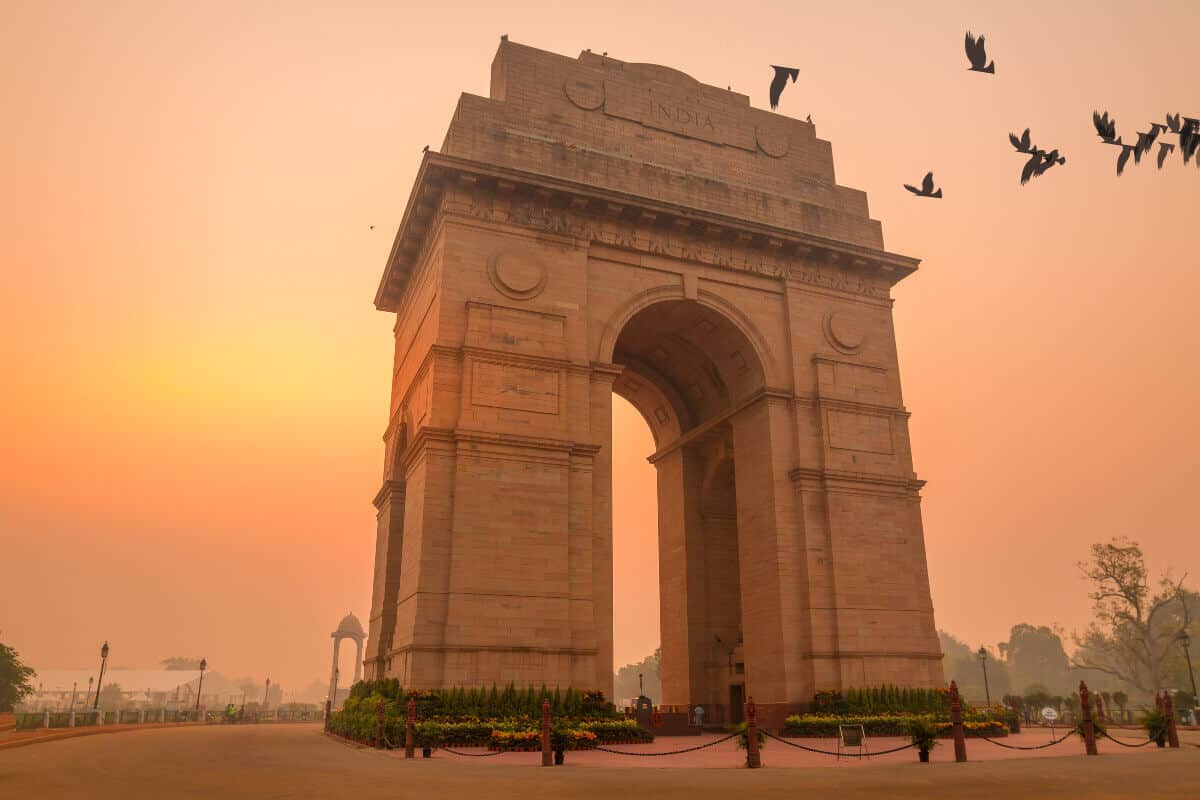
4. Delhi: Delhi generates 3268 million litres (MLD) of sewage per day against an available treatment capacity of 2756 MLD, whereas only around2083 MLD is being treated. This untreated water is released into water bodies like the Yamuna River, causing pollution. DJB is building Asia’s largest sewage treatment plant at Coronation Park to produce high quality treated water with BOD and TS levels of 10 and 10.
As freshwater resources become scarce, we can’t afford to pollute the ones that are left. Hence, treating sewage water before releasing it into the water bodies is crucial for protecting our resources. Here is what we can do to fight this water crisis:
- Employ a combination of centralized and decentralized STPs to ensure sewage treatment is carried out even in the most remote areas of our country.
- Grey and black water separation should be carried out to ensure that they are treated with the right technology. This will also reduce the burden on our STPs as 70% of the sewage released from households is in fact greywater.
- Recycling and reuse of treated water from centralized and decentralized STPs at both domestic and industrial level is important. This can save us from the impending water crisis.
Wapp is an end to end water management company that has served various prestigious clients across India. We design, consult, construct, upgrade, operate and maintain water supply, water treatment and sanitation systems for our customers. With 25+ years of experience, we are now looking forward to partnering with city administrations and real estate developers and further our goal of water neutrality in Indian cities.
